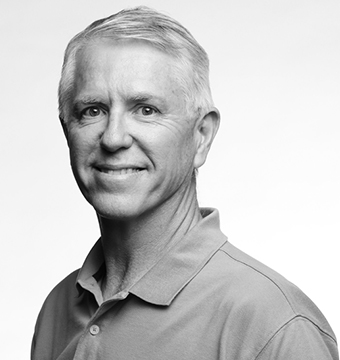
This time of year we start to think ahead. What will this year be like?
Some of us reflect on the past. Others set goals for the new year and charge ahead with gusto (at least for a few months).
I have an idea that might help you make this year a success.
When we think of people that have achieved success in life, whether in sports or business, I know they’ve had good coaches or mentors along the way.
Would Tom Brady be in the discussion for the G.O.A.T. if it weren’t for Bill Belichick? If someone had confidence in you as much as Steve Kerr believes in Steph Curry, wouldn’t you believe in yourself even with persistent doubt? (Watch this video to see what makes their relationship so special)
We frequently hear about the importance of having a mentor, but in my personal and professional experience, I don’t see people actively seeking mentors enough. I’m not sure exactly why.
So here are three reasons you should think about having a mentor this year.
1. Mentors Are There When You Need Them
We do not have to go it alone, or better put; we are not meant to be alone, particularly when we are stepping outside of our comfort zone. Especially during difficult life transitions, it’s essential to have an unbiased outside perspective.
As a private practice owner, I’ve sought out mentors my whole career. Throughout my journey, I’ve relied on personal companions to help me make sense of it all and push me towards my goals.
We each need to take personal responsibility for our growth and the direction of our lives. A maturing professional will desire to push himself or herself to become the best clinician and person they can be.
And yet, while we each live with the consequences of the choices we make, we are not alone in this journey. We are part of a larger community; there are others on the road that will support us, encourage us, guide us and offer correction as necessary.
2. Mentors Help Avoid Burnout
Burnout among healthcare professionals is a job hazard. We all get beat up emotionally and physically as we make a living of caring for others. A mentor is there for us through thick and thin to help us when we lack courage or are emotionally drained.
A mentor offers personal guidance and a conversation to make sense of our journey, interpret with us the significant road markers and encourage us through the valleys.
I believe having a mentor will help you turn the daily challenges of work into growth opportunities.
3. Mentors Know Our Blind Spots
Everyone’s retina has a blind spot where the optic nerve attaches. The photoreceptors necessary to “see” are absent. But our brain automatically “fills in” our blind spots. (Take this fun online eye test to see how it works)
You cannot allow yourself to think you have all the answers because you never will. We all have blind spots in our ability to see life as it is. We develop ways to compensate for our blind spots that lead us in wrong directions.
A good mentor is simply a traveling companion who is honest about their struggles and successes while helping you get where you feel called to go.
Teachers, supervisors and online gurus generally avoid self-disclosure. Mentors are willing to share themselves and their stories so you can gain insight into your issues.
It’s Not About You
Self-absorption is the great enemy of making an impact on people’s lives. Having regular honest dialogues with a mentor can help us move from self-absorption to self-sacrifice.
Meeting regularly with a mentor will help you through the tight spots, overcome your blind spots and avoid burnout.
I have always enjoyed the journey to learn and grow intellectually, emotionally and spiritually. I’ve been on a quest, forever restless as I search for new horizons.
I’ve realized it’s much more rewarding and meaningful to share the trip with others who have already been down that path. Perhaps this year, you’ll seek out a mentor to come alongside you on your professional journey.
